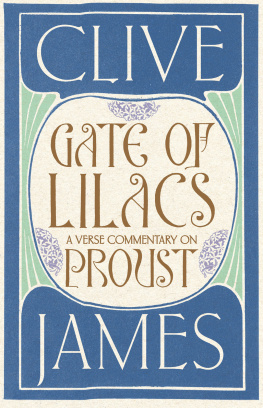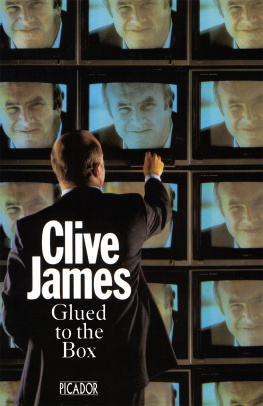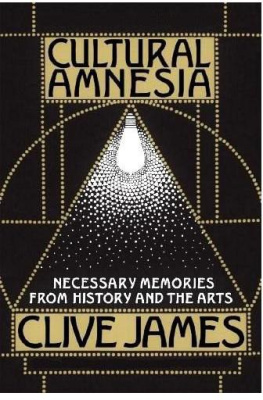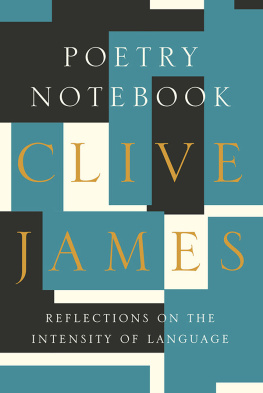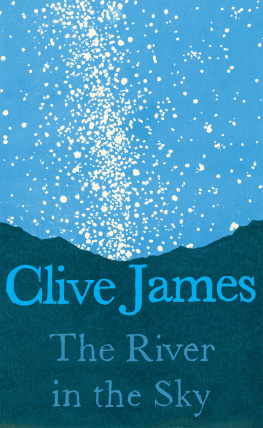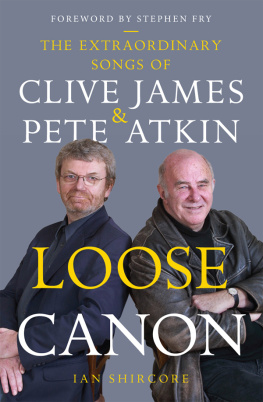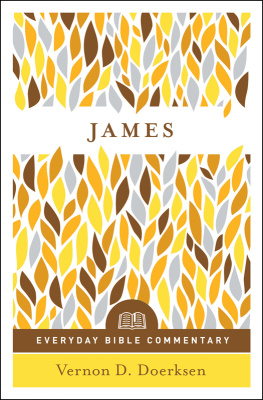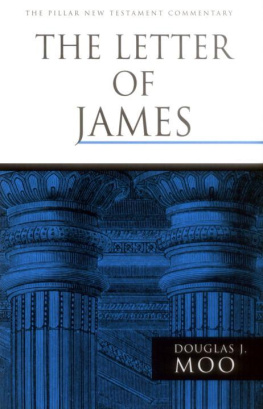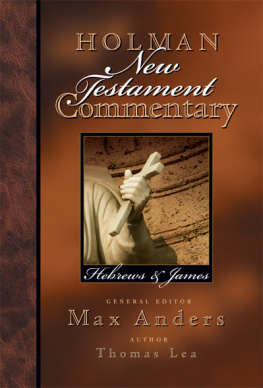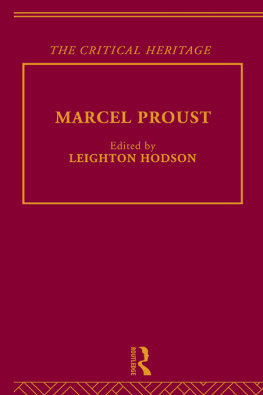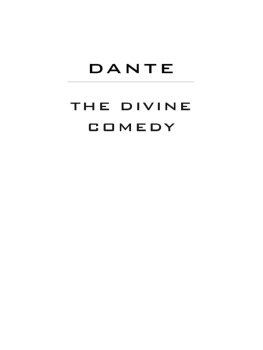Clive James - Gate of Lilacs: A verse commentary on Proust
Here you can read online Clive James - Gate of Lilacs: A verse commentary on Proust full text of the book (entire story) in english for free. Download pdf and epub, get meaning, cover and reviews about this ebook. publisher: Picador, genre: Art. Description of the work, (preface) as well as reviews are available. Best literature library LitArk.com created for fans of good reading and offers a wide selection of genres:
Romance novel
Science fiction
Adventure
Detective
Science
History
Home and family
Prose
Art
Politics
Computer
Non-fiction
Religion
Business
Children
Humor
Choose a favorite category and find really read worthwhile books. Enjoy immersion in the world of imagination, feel the emotions of the characters or learn something new for yourself, make an fascinating discovery.
- Book:Gate of Lilacs: A verse commentary on Proust
- Author:
- Publisher:Picador
- Genre:
- Rating:4 / 5
- Favourites:Add to favourites
- Your mark:
- 80
- 1
- 2
- 3
- 4
- 5
Gate of Lilacs: A verse commentary on Proust: summary, description and annotation
We offer to read an annotation, description, summary or preface (depends on what the author of the book "Gate of Lilacs: A verse commentary on Proust" wrote himself). If you haven't found the necessary information about the book — write in the comments, we will try to find it.
Gate of Lilacs: A verse commentary on Proust — read online for free the complete book (whole text) full work
Below is the text of the book, divided by pages. System saving the place of the last page read, allows you to conveniently read the book "Gate of Lilacs: A verse commentary on Proust" online for free, without having to search again every time where you left off. Put a bookmark, and you can go to the page where you finished reading at any time.
Font size:
Interval:
Bookmark:
CLIVE JAMES Gate of LilacsA Verse Commentary on Proust PICADOR to PrueEt si jamais ma pauvre me amoureuseNe doit avoir de bien en vrit,Faites au moins quelle en ait en mensonge. Louise Lab
Later on, when I read the great Scott Moncrieff translation, Remembrance of Things Past, in order to see where I had been, I made more notes; and then more notes as I read the novel once again in the original, in the beautiful three-volume Pliade edition; and then back to the English translation as it was augmented first by my dear friend Terence Kilmartin and then by the poet D. J. Enright; and so on. Last of all, after yet another pass through the Pliade edition, which had itself been augmented to four volumes, I went page by page through In Search of Lost Time, the magnificent Modern Library six-volume edition as published in New York by another friend, Harry Evans this, in my view, is the set for the young English-speaking student of Proust to have: a heavy number, perhaps, to lug to college, but what else do you want with you, The Lord of the Rings? and I made notes all the way. The question loomed, however, of what I was to do with the notes. I wasnt a Proust expert Im still not so there was no point in writing a learned essay, because it wouldnt be nearly learned enough.
I could perhaps write something about the poetry of his prose, but the idea seemed a bit abstruse, and not even he, exotic creature though he had been, was ever interested in alienating the public. On the contrary, he wanted to win prizes, and was quite capable of nobbling a previously hostile critic by taking him to lunch and pretending to consult him. (One of the critics that he nailed by this method, a notorious mediocrity, went on to claim that he had discovered Proust.) Meanwhile, during this long pondering, the time came when I no longer had to knock myself out in television studios or by flying around the world making documentaries. I was free to do nothing except write critical essays and poems, the two things which I had always thought myself best at, while often wishing that I, like Proust, might have had private means in order to pursue them undisturbed. I had always thought the critical essay and the poem were closely related forms. It was only now, however, that I was struck with the idea of blending the two forms into one, primarily to do my share of recommending a great writer to the next generation, and incidentally to make something out of all those notes I had been taking through half a century of trying to get up to speed with Proust in two different languages.
During that same period, I had been occupied with Dante in the same way, but that made some kind of predictable sense, because I ended up translating him. Proust, however always needy even when he was alive demanded something less simple. If I wanted to talk about his poetry beyond the basic level of talking about this language if I wanted to talk about the poetry of his thought then the best way to do it might be to write a poem. There is nothing like a poem for transmitting a mental flavour. Instead of trying to describe it, you can evoke it. All it takes is everything youve ever learned about putting words one after the other.
Though I had been ill for several years by the time I got started with the composition of the poem, and had to reconcile myself to the idea that I might not get it done, I was still quite keen not to give my last gasp to a foolish notion. When it comes to the actual, lasting worth of what he is writing, the poet can never assume a sure outcome, but can judge the value of what he has in mind only by how it feels to write it down. That cruel professional fact, however, is just as true at the beginning of ones career as at the end: and one advantage of old age is that one has become used to the uncertain nature of following a hunch, and perhaps less daunted by it. On that level, Im bound to say, I felt I was on to something new, strange, and worth the effort. But wouldnt that be the precise feeling I would have if my brains were falling to pieces? It was something I had always wondered about Proust, and nowadays wondered more than ever as my weakened condition approximated his: how could he be sure that his last chapters were really all that great? Well, they were; and finally, by following his creative instinct all the way until his breath gave out, he gave us something eternally unique. A la recherche du temps perdu is a book devoted almost entirely to his gratitude for life, for love, and for art.
This much smaller book is devoted to my gratitude for him. Cambridge, 2016
Was Proust posing? Hahn asked too, But eventually concluded he was not, And so must we. We can regret his wetness My poor, poor little hawthorns! he would cry, Clutching them to him as he vowed his grief, Astounding you that such a total weed Could ever have become the wise and brave Soldier for Dreyfus and brought his great book To full bloom in the hot-house of his dying But never doubt his powers of concentration. When Thomas Mann made notes about how Proust Made notes, he was acknowledging an equal. Proust, as Mann saw, was fascinated by The way a beetle, laying up the food For the children that would thrive after its death, Bored through the central nerve of the wrapped body Of a victim so that, though it could not move, Still it would live. That was the scrutiny That Proust could focus on the social life Of the great world, describing its coherence The web that tied the Faubourg to the brothel In detailed reverence yet without the curb Of rigid prejudice against the rise Of
Next pageFont size:
Interval:
Bookmark:
Similar books «Gate of Lilacs: A verse commentary on Proust»
Look at similar books to Gate of Lilacs: A verse commentary on Proust. We have selected literature similar in name and meaning in the hope of providing readers with more options to find new, interesting, not yet read works.
Discussion, reviews of the book Gate of Lilacs: A verse commentary on Proust and just readers' own opinions. Leave your comments, write what you think about the work, its meaning or the main characters. Specify what exactly you liked and what you didn't like, and why you think so.

